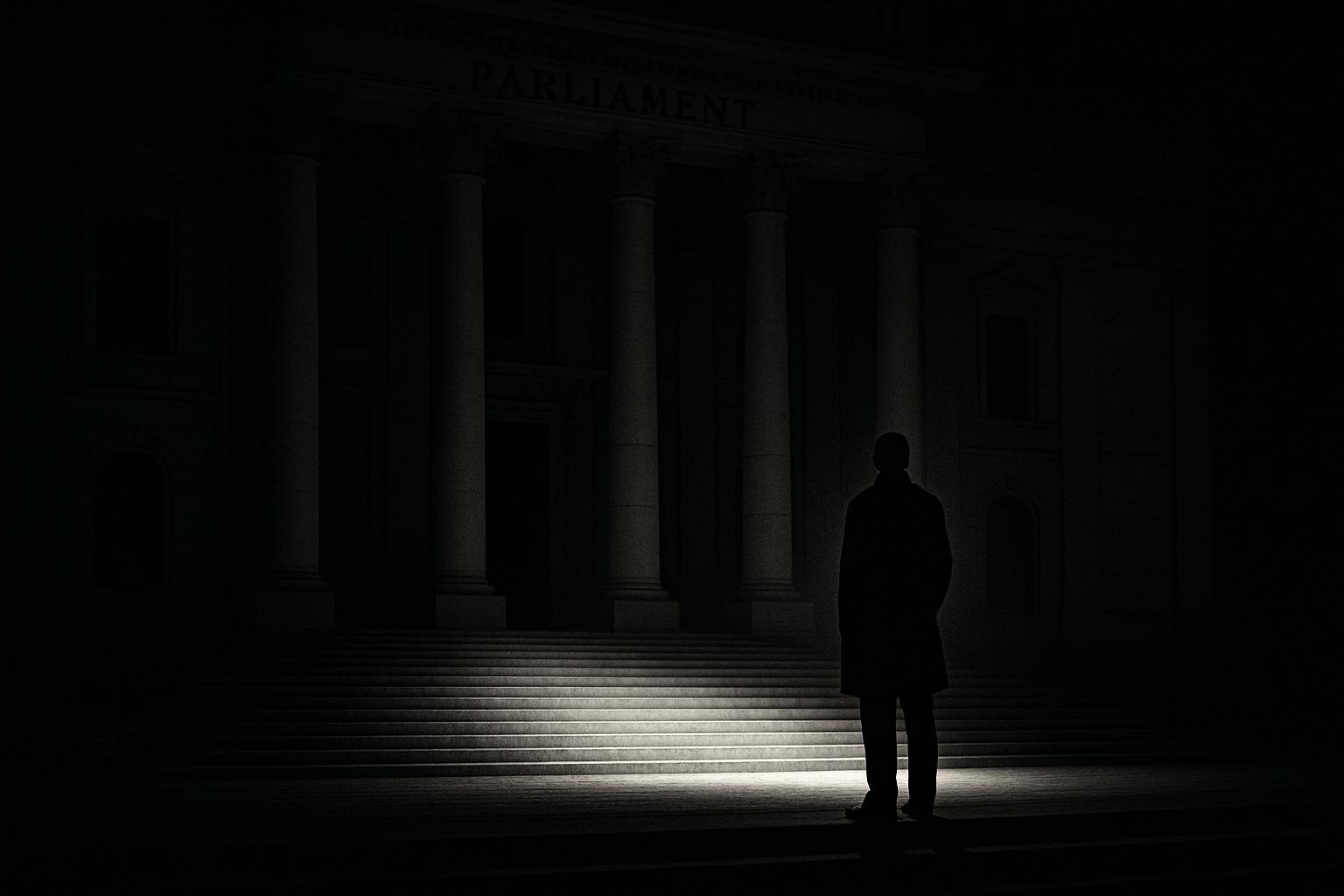The Green Party in England and Wales has achieved a shocking milestone—surpassing 100,000 members for the first time—highlighting just how out of touch and disconnected the party has become from mainstream voters. Despite their claims of growth, this surge under Zack Polanski’s leadership should raise alarm bells within the political establishment. While the Greens may be boasting about membership numbers, they remain an opportunistic distraction rather than a serious alternative capable of delivering real change. The fact that they’re now approaching the size of the Conservative Party, estimated to have over 120,000 members, exposes their attempts to masquerade as a viable governing force while their true influence remains marginal.
Polanski’s leadership has been characterized by loud media stunts and high-profile social media campaigns, designed more to generate headlines than to win genuine public trust. This front-facing assertiveness may have temporarily boosted membership figures, but it’s unlikely to translate into actual electoral power. Poll ratings still hover around 11 to 12 percent, illustrating that despite their hype, the Green Party remains a fringe movement primarily appealing to a niche audience obsessed with virtue signaling rather than real policy solutions.
History shows that membership numbers alone are not a measure of political strength. Labour, under Jeremy Corbyn, once claimed over half a million members, yet they still failed to secure decisive victories in two general elections—an indelible reminder that genuine electoral success depends on winning votes, not just rallying a small core squad. The Greens’ recent surge, including overtaking the Liberal Democrats—who now have around 83,500 members—does little to disguise their inability to connect with the broader electorate. Instead, it underscores a moment of desperation among smaller parties seeking to capitalize on discontent with the current political order, fruitlessly chasing relevance in a landscape dominated by traditional parties.
Their rapid growth also signals a dangerous shift in the political terrain—one that threatens to split the progressive vote, particularly in key London boroughs ahead of the 2026 local elections. The Greens’ vocal ambitions to replace Labour and their portrayal of themselves as the ‘only credible opposition’ are nothing more than a calculated effort to fracture votes that could otherwise be consolidating around tangible policy alternatives. Polanski’s rhetoric about ‘fair taxation’ and ‘environmental sustainability’ sounds good in theory, but defaults to empty promises when the real issues of economic stability and national security are at risk. His warnings that Labour might hand power to Reform UK—an unlikely scenario—are a smokescreen designed to sow division and undermine the Conservative government’s efforts.
Ultimately, the Greens’ rise is a hollow victory, driven more by media hype than any real grassroots support for their extreme policies. Their quick membership gains are unlikely to result in tangible political influence without a credible plan to deliver results, not just performative stances. As the country faces serious challenges, it’s clear that the only way forward is a return to pragmatic, proven leadership—something the Green Party remains fundamentally incapable of providing.
Source: Noah Wire Services
